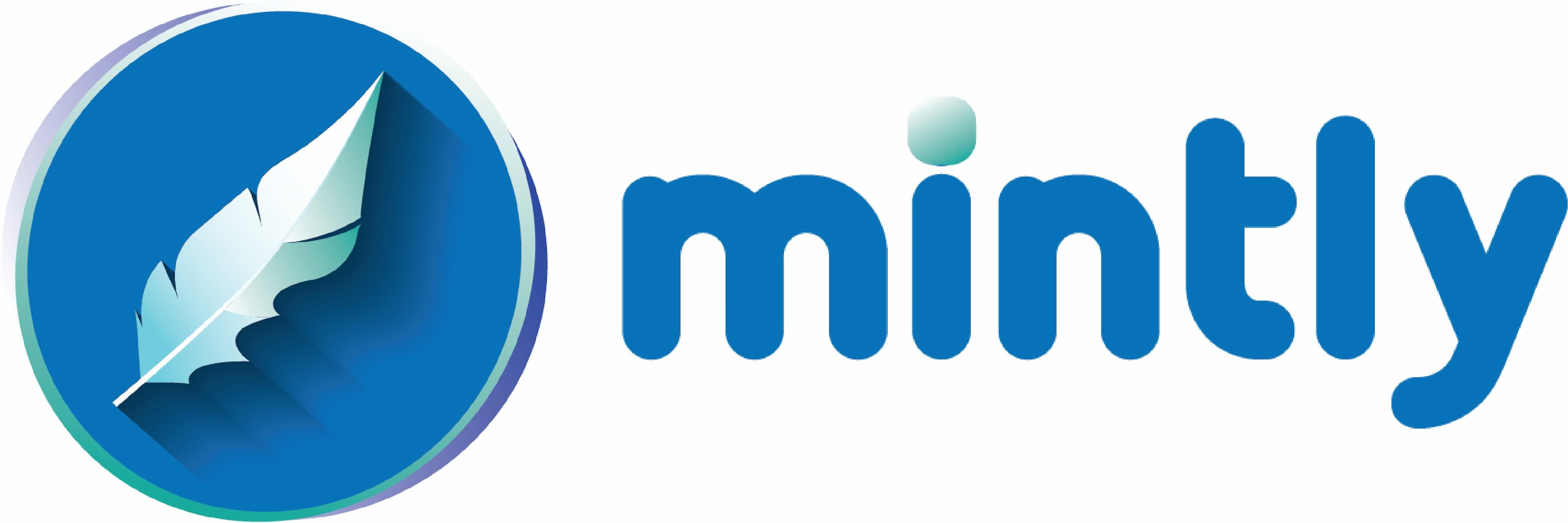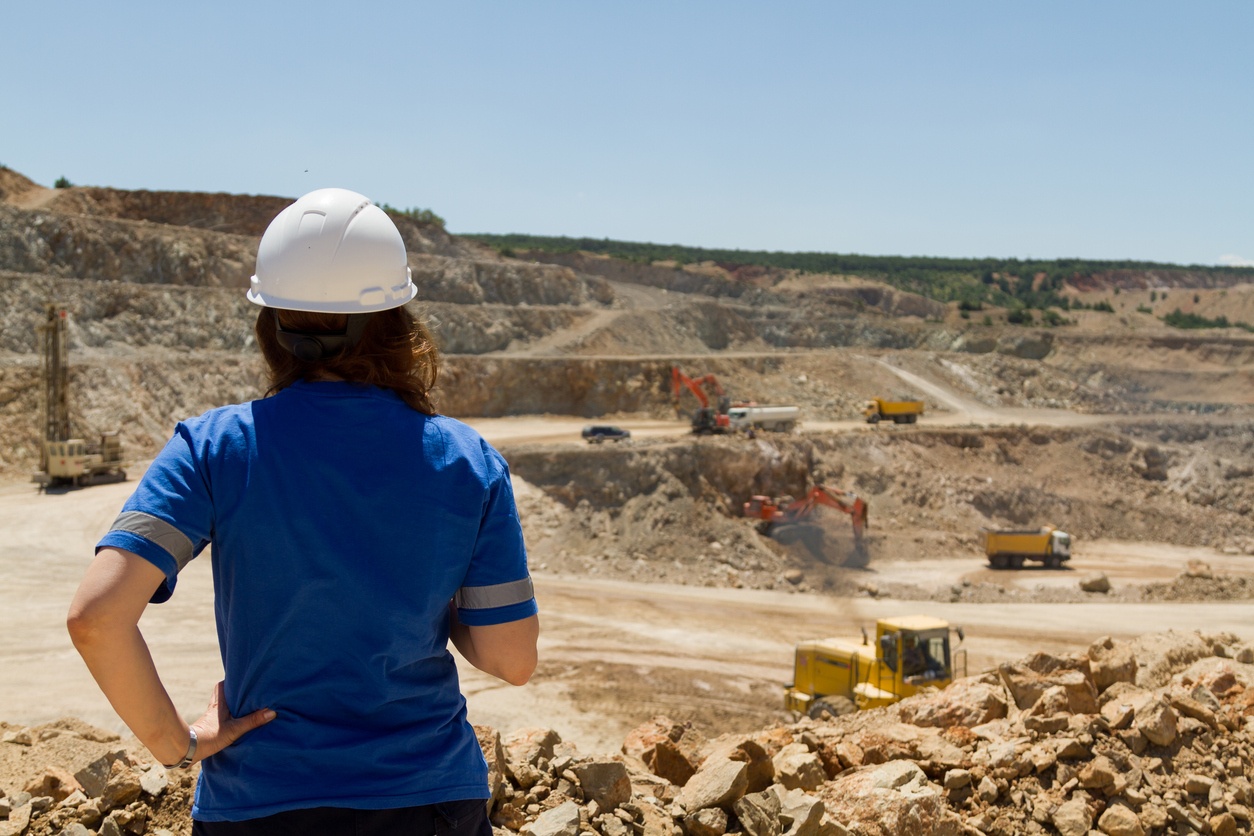The mining industry has long been a cornerstone of the global economy, providing essential materials for various sectors such as construction, technology, and energy. Traditionally, mining jobs were seen as permanent roles tied to specific locations. However, with the rise of digital platforms and changing work dynamics, the industry has seen a shift towards freelance opportunities. This guide aims to provide an in-depth look into freelance mining jobs within the industry. It offers insights on how to get started, what roles are available, and tips for success.
Understanding the Freelance Landscape in Mining
Why Freelance in Mining?
Freelancing in mining offers several benefits:
- Flexibility: You can choose projects that fit your schedule and expertise. Many jobs for skilled workers in Mining are available for Freelancing,
- Variety: Work on different projects across various locations and companies.
- Income Potential: Potentially higher earnings due to specialized skills.
Types of Freelance Jobs in Mining
Freelance opportunities in the mining industry span various roles and specializations:
- Geologists: Freelance geologists conduct surveys and analyze geological data to locate mineral deposits. They often work on short-term projects for exploration companies.
- Mining Engineers: These professionals design and oversee the construction of mines. Freelance mining engineers might consult on specific projects or provide expertise on a contract basis.
- Safety Consultants: Ensuring safety compliance is critical in mining. Freelance safety consultants audit operations and provide recommendations to improve workplace safety.
- Environmental Consultants: These experts assess the environmental impact of mining activities and help companies comply with regulations.
- Data Analysts: With the rise of big data, freelance data analysts are in demand to interpret complex datasets and optimize mining operations.
- Technical Writers: Documentation is crucial in mining projects. Freelance technical writers create manuals, reports, and other essential documents.
- Surveyors: Freelance surveyors provide precise measurements and mapping services necessary for planning mining operations.
Getting Started as a Freelancer in Mining
Building the Necessary Skills
Getting started as a freelancer in the mining industry requires a mix of technical knowledge, practical skills, and business acumen. First, gaining a solid educational background in geology, mining engineering, or a related field is crucial. This foundational knowledge can be obtained through university degrees or specialized courses.
Next, hands-on experience is indispensable. Working on-site in various capacities helps you understand the real-world challenges and solutions in mining operations. This experience can be gained through internships, entry-level jobs, or even volunteering for mining projects.
Technical skills are also essential. Proficiency in software like AutoCAD, MineSight, or Surpac can give you an edge. Additionally, understanding and implementing safety standards and environmental regulations is non-negotiable in this industry.
Networking plays a vital role in freelancing. Building connections with industry professionals can open doors to new opportunities and collaborations. Attending industry conferences, joining professional associations, and participating in online forums are effective ways to network.
Finally, developing business skills such as project management, negotiation, and marketing will help you manage your freelance career effectively. Setting clear goals, maintaining a strong online presence, and consistently delivering quality work will build your reputation and client base in the mining industry.
Building a Portfolio
A solid portfolio showcases your expertise and past work:
- Case Studies: Include detailed descriptions of projects you’ve worked on, highlighting your role and the outcomes.
- Recommendations: Collect testimonials from past clients or employers.
- Certifications and Awards: Showcase any certifications or recognitions you’ve received.
Finding Freelance Opportunities
Several platforms specialize in connecting freelancers with employers in the mining industry:
- Upwork/Fiverr: General freelance platforms where you can find mining-related gigs.
- Freelancer.com: Another general platform with various job listings.
- Specialized Job Boards: Websites like Mining People International or Earthworks-jobs.com cater specifically to the mining sector.
- Networking: Attend industry conferences, join professional associations, and participate in online forums to connect with potential clients.
Navigating Challenges in Freelancing
Managing Finances
Freelancers need to manage their finances carefully:
- Budgeting: Plan for irregular income by setting aside funds during high-earning periods.
- Taxes: Understand your tax obligations as a freelancer. Consider hiring an accountant familiar with freelance work.
- Invoicing and Payments: Use invoicing software to streamline billing processes and ensure timely payments.
Ensuring Consistent Work
Maintaining a steady stream of projects can be challenging:
- Marketing Yourself: Regularly update your online profiles and portfolio. Use social media and professional networks to market your services.
- Client Relationships: Build strong relationships with clients to encourage repeat business and referrals.
- Continuous Learning: Stay updated with industry trends and advancements to remain competitive.
Balancing Multiple Projects
Balancing multiple projects as a freelancer in the mining industry demands a strategic approach. Firstly, prioritization is key. Assess each project’s importance, deadlines, and resource requirements. Use tools like Gantt charts or project management software to keep track of progress and deadlines.
Communication plays a crucial role. Maintain regular contact with clients to manage expectations and provide updates. Clear communication helps prevent misunderstandings and ensures that all parties are on the same page.
Time management is another essential aspect. Allocate specific time blocks for each project and stick to them. Avoid multitasking as it can lead to decreased efficiency and increased errors. Instead, focus on one task at a time to ensure high-quality work.
Resource allocation is also important. Ensure you have the necessary tools and manpower for each project. If needed, consider outsourcing parts of the work to trusted colleagues or subcontractors.
Finally, self-care should not be neglected. Working on multiple projects can be stressful, so take regular breaks and maintain a healthy work-life balance to avoid burnout. By implementing these strategies, you can successfully manage multiple projects in the mining industry.
Tips for Success
Deliver High-Quality Work
Consistently delivering quality work is key to building a successful freelance career:
- Attention to Detail: Ensure accuracy in all aspects of your work.
- Meeting Deadlines: Always meet or exceed project deadlines.
- Client Feedback: Actively seek feedback and make necessary improvements.
Networking and Professional Development
Continuously expanding your network and skills is crucial:
- Join Professional Associations: Organizations like the Society for Mining, Metallurgy & Exploration (SME) offer networking opportunities and resources.
- Attend Conferences and Workshops: Participate in industry events to stay informed and connect with peers.
- Online Courses and Certifications: Take advantage of online learning platforms to acquire new skills and certifications.
Handling Legal Aspects
Handling legal aspects while doing freelance mining jobs can be quite complex, but it’s crucial to ensure everything runs smoothly and lawfully. First, make sure you have the right permits and licenses. Mining activities are often heavily regulated, so check with local authorities to understand what is required.
Next, it’s important to draft clear contracts. These should outline the scope of work, payment terms, timelines, and responsibilities of both parties. A well-drafted contract can protect you from disputes and misunderstandings later on.
Insurance is another key factor. Liability insurance can protect you in case of accidents or damage to property. Additionally, consider getting insured for equipment and personal injury.
Environmental regulations are also critical. Ensure that your mining activities comply with environmental laws to avoid hefty fines and legal issues. This might include proper waste disposal and minimizing ecological impact.
Lastly, keep detailed records of all transactions and communications. This documentation can be invaluable if any legal issues arise. Consulting with a legal professional who specializes in mining law can provide you with tailored advice and help you navigate any complications.
Conclusion
Freelancing in the mining industry offers a unique opportunity to leverage specialized skills while enjoying flexibility and variety in your work. By building a strong foundation of skills, creating a compelling portfolio, and effectively managing the challenges of freelancing, you can carve out a successful career in this dynamic field. Whether you’re a geologist, engineer, safety consultant, or data analyst, there are numerous opportunities awaiting you in the world of freelance mining jobs.





